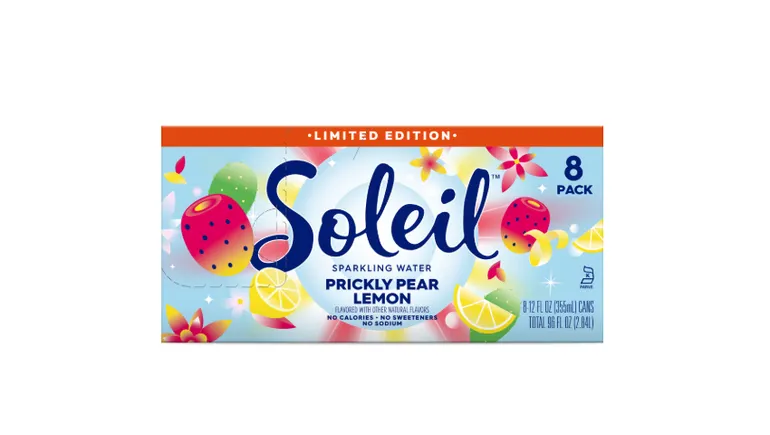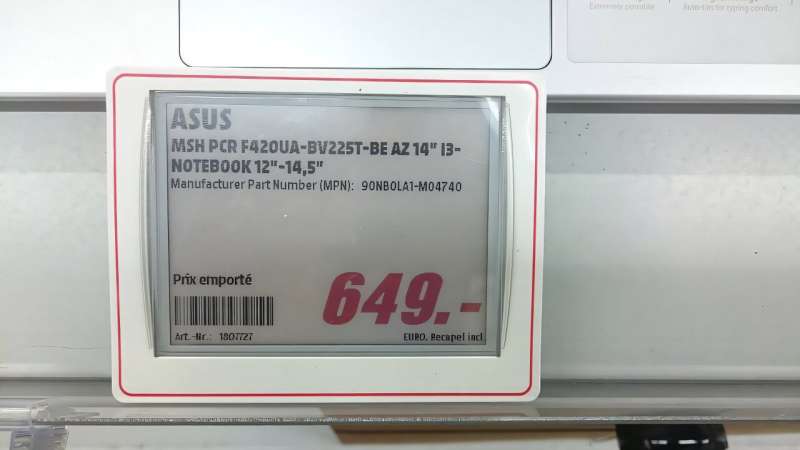Summary
Store brands increased 4.4% in the first half of 2025 compared to a year ago while national brands saw growth of 1.1%, per the Private Label Manufacturers Association.
Source: Grocery Dive

AI News Q&A (Free Content)
Q1: What is the significance of the growth in private label brands compared to national brands in 2025?
A1: Private label brands saw a significant growth of 4.4% in the first half of 2025, outperforming national brands which grew by only 1.1%. This trend indicates a shift in consumer preferences towards store brands, which are often perceived as offering better value for money.
Q2: How does the performance of private labels impact the supermarket industry?
A2: The growth of private labels impacts supermarkets by increasing their profit margins, as these brands are typically produced at lower costs. This growth can also enhance customer loyalty, as consumers associate successful private labels with the stores themselves.
Q3: What are the primary factors driving the growth of private label refrigerated goods and beverages?
A3: The growth in private label refrigerated goods and beverages is driven by factors such as competitive pricing, improved quality, and increased consumer trust in store brands. Additionally, innovations in packaging and preservation technology have enhanced product appeal.
Q4: How does the private label market's growth relate to consumer innovation?
A4: Consumer innovation plays a crucial role in the growth of private labels by allowing retailers to tailor products that meet specific consumer needs, such as healthier options and sustainable packaging, thus encouraging more personalized and innovative product offerings.
Q5: What are the potential health impacts of consuming refrigerated goods from private labels?
A5: Refrigerated goods from private labels, when properly stored and handled, are generally safe. However, it is crucial for consumers to follow storage guidelines to prevent microbial contamination, as improper storage can lead to health risks as seen in other refrigerated products.
Q6: What role does technology play in the growth of private label products?
A6: Technology plays a significant role in the growth of private label products by enabling better supply chain management, quality control, and innovations in product development, which help meet consumer demands more efficiently.
Q7: How does the increase in private label product offerings affect market competition?
A7: The increase in private label product offerings intensifies market competition as these products typically offer similar quality at lower prices compared to national brands, prompting the latter to innovate and adjust pricing strategies to maintain market share.
References:
- Private label - Wikipedia
- Agricultural Growth Diagnostics: Identifying the Binding Constraints and Policy Remedies for Bihar, India
- Using Big Data to Decode Private Sector Wage Growth
- Impact of insulin storage and syringe reuse on insulin sterility in diabetes mellitus patients in Mwanza Tanzania
- The Combined Use of High Pressure Processing and Lactic Acid Containing Fermentate on Inactivation of Salmonella, Shiga Toxin-producing E. coli, and Listeria monocytogenes in Raw Pet Foods





